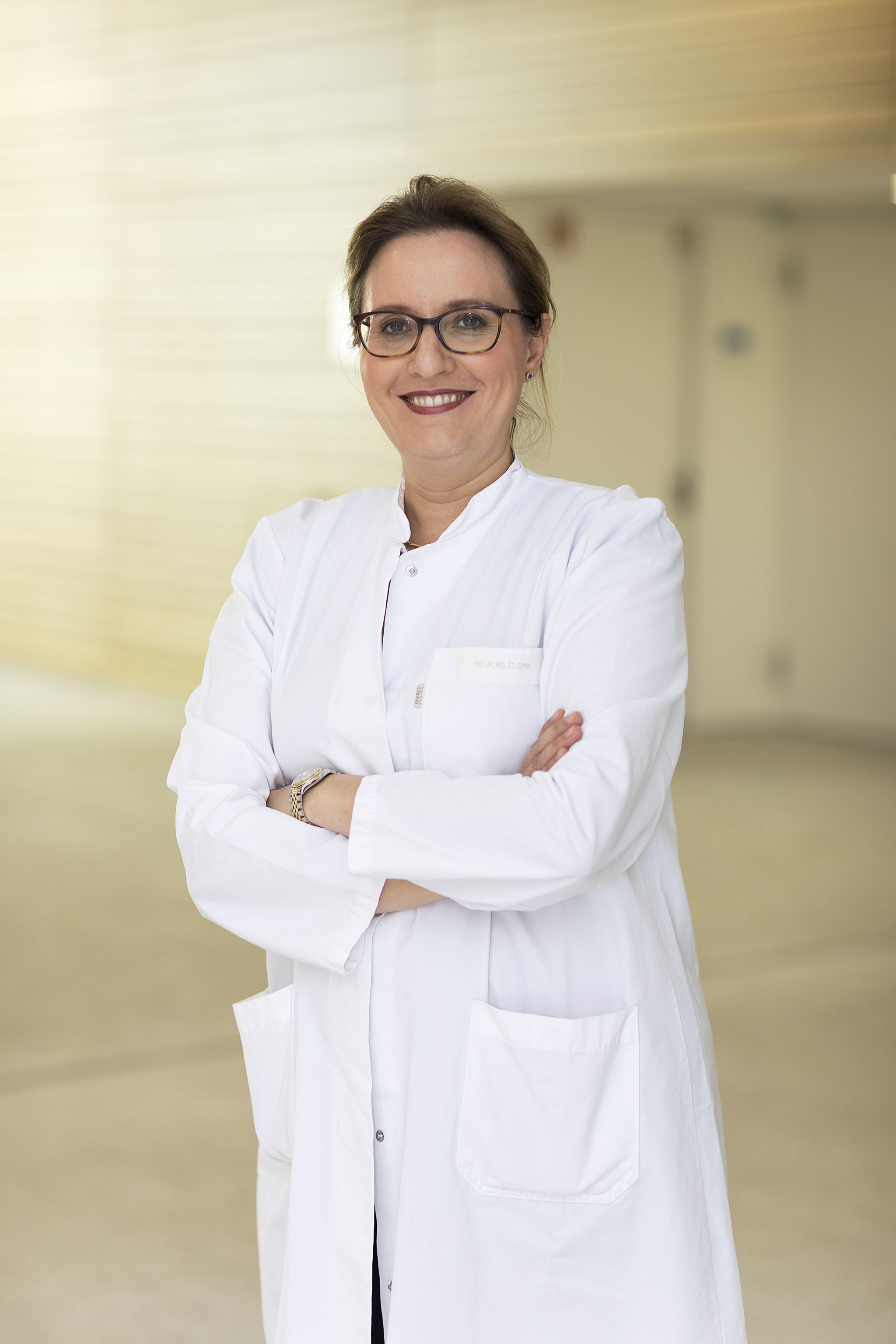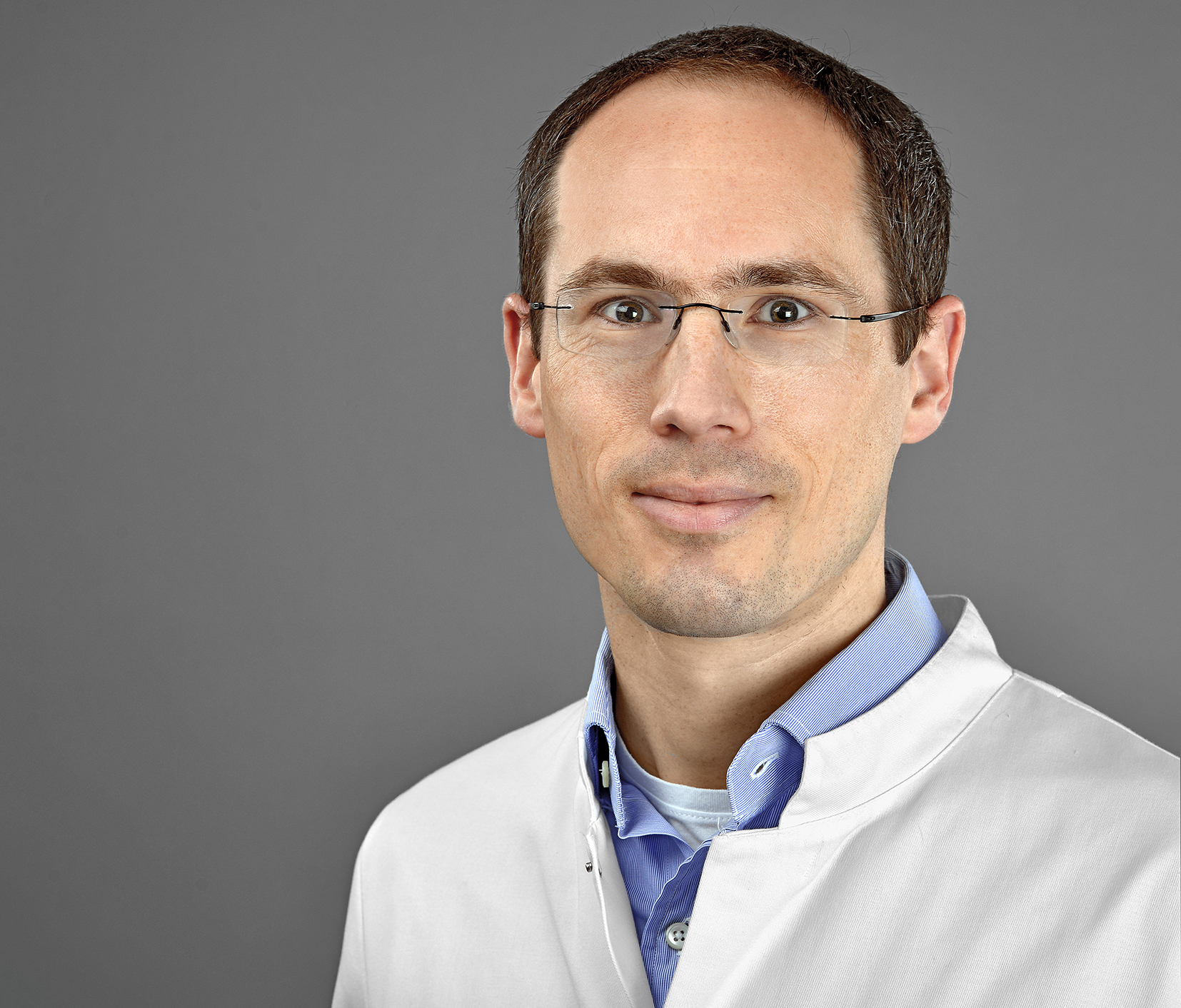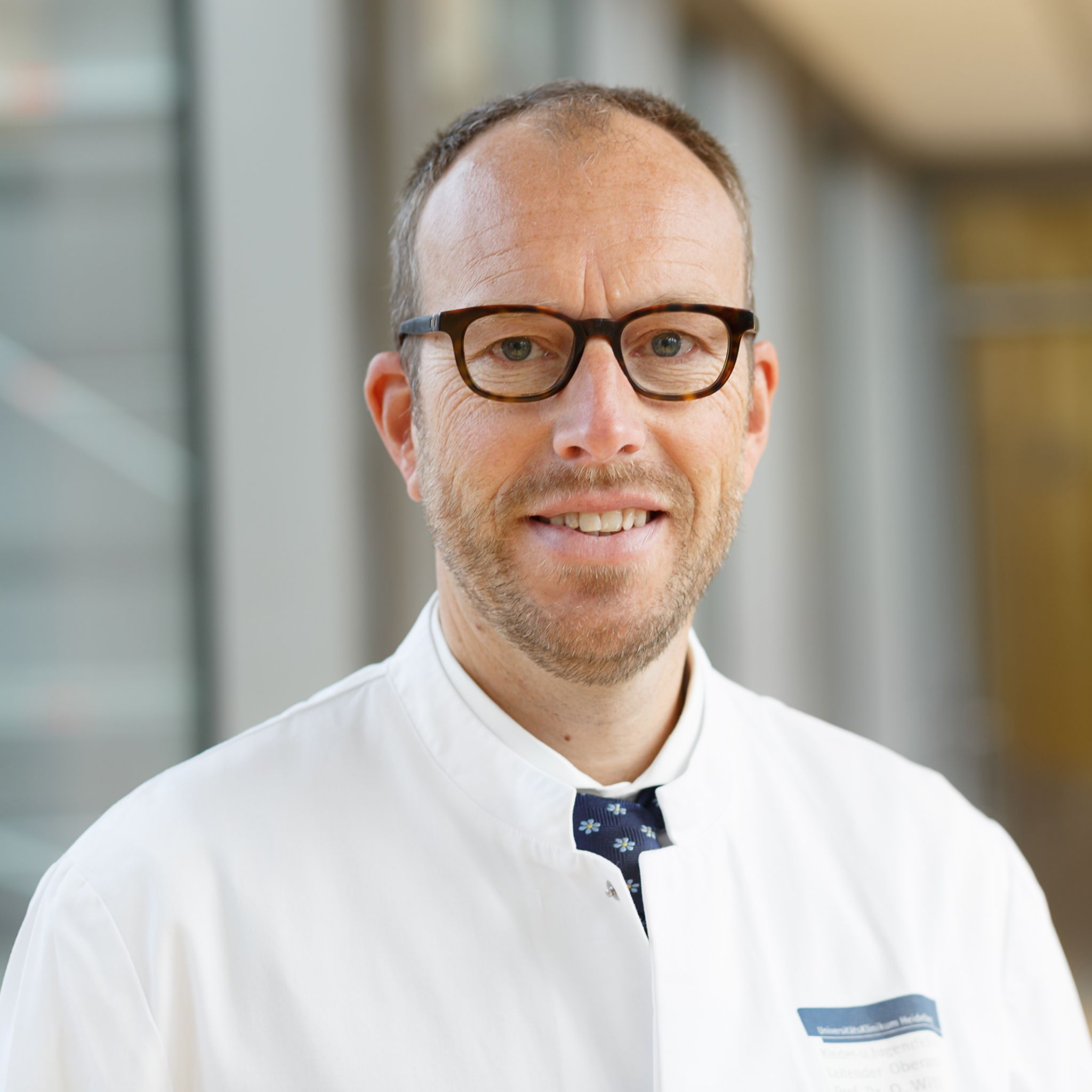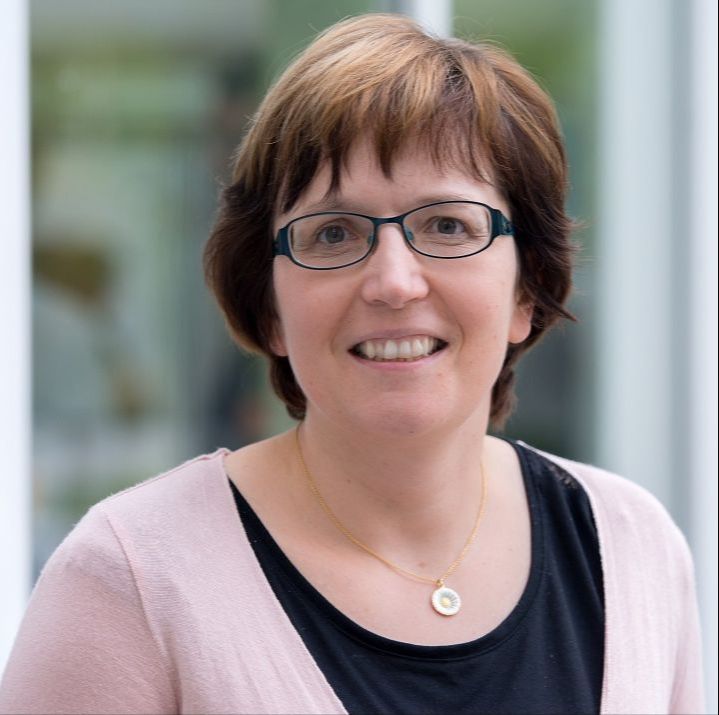Joint Initiatives
Project "JIP – Joint Imaging Platform"
Distributed IT Infrastructure for Multicenter Cohort Analysis in Imaging
The Joint Imaging Platform aims to introduce a technical infrastructure which enables modern and decentralized research in the field of imaging within DKTK. The main focus is on using and evaluating modern machine learning methods for oncological (medical) research projects. In line with CCP-IT and RadPlanBio, JIP also constitutes a strategic initiative within DKTK. The common infrastructure will strengthen the cooperation between the participating hospitals as well as multicenter studies.
Imaging procedures within radiology and nuclear medicine play an increasingly important role in cancer research, both in diagnostics and treatment monitoring of oncological diseases. This field is developing constantly and quickly. The enormous progress in the evolution of artificial intelligence also leads to considerable development in radiological research. The automatic analysis of image data, such as tumor characterization by means of Radiomics, enables the extraction of the most diverse and highly complex information. Afterwards, this information can be correlated with clinical data in order to obtain new findings regarding diseases or even to evaluate the individual treatment situation (Precision Medicine).
In this context, the JIP complies with the highest data protection requirements as it focuses on the distribution of processing methods (algorithms) instead of personal data. The local image data are protected with a state-of-the-art encryption system and are stored within the clinical IT infrastructure of the individual locations at any time. In case data exchange might be necessary within the context of multicenter studies, this can be done – upon the patients‘ agreement - in a pseudonymized way.
More information can be accessed via the website of the "Joint Imaging Platform".
Coordinators

Prof. Dr. Heinz-Peter Schlemmer
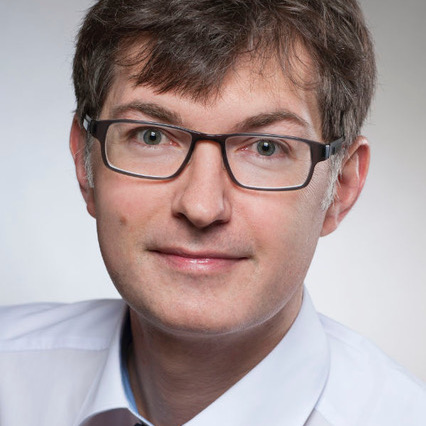
Prof. Dr. med. Dr. rer. nat. Dipl.-Bioinf. Jens Kleesiek
University Medicine Essen

Dr. Marco Nolden
Project "DKTK Surgery"
Precision medicine in oncological surgery: Identification of predictive biomarkers for individualized surgical treatment of gastrointestinal tumors.
In the treatment of gastrointestinal tumors, especially in colorectal and pancreatic cancer (CRC and PDAC), local recurrences and long-distance metastases present a major clinical challenge. By now research has focused primarily on molecular biomarkers to initiate a personalized treatment in the sense of precision oncology. However, these treatments are almost exclusively of systemic nature, while localised forms of therapy such as surgery or radiotherapy are much less individualized. Surgical resection as part of a multimodal therapy concept is the central element of the treatment of gastrointestinal tumors. It is known that tumors prone to local recurrence can often be curatively removed by radical surgery, while tumors prone to distant metastases may be treated better by more gentle surgery in combination with early systemic therapy. However, the technique of surgical resection is largely independent of the patient.
The aim of this DKTK-wide research project is to introduce personalized oncology in surgery. To this end, molecular biomarkers that predict the recurrence behavior of GI tumors at an early stage need to be identified, so that this knowledge can be incorporated into the surgical decision. Despite the enormous clinical potential, the area is heavily under-researched. To address this enormous task, all surgical departments of the DKTK framework as well as selected non-surgical groups with unique expertise have formed a consortium which is unparalleled in surgical expertise and annual caseload. Parallel transcriptomic, proteomic and immunopeptidomic analyses from a large cohort of surgical patients together with a detailed follow-up allow to build up a comprehensive database. In specific scientific projects, the "DKTK Surgery" initiative will identify and validate molecular biomarkers in primary tumors as well as circulating tumor cells that allow the physician to predict the recurrence pattern (local vs. distant) in CRC and PDAC. This will enable patient-tailored surgical treatments for two of the most common and deadly solid cancers.
Coordinators

Prof. Dr. med. Christoph Kahlert
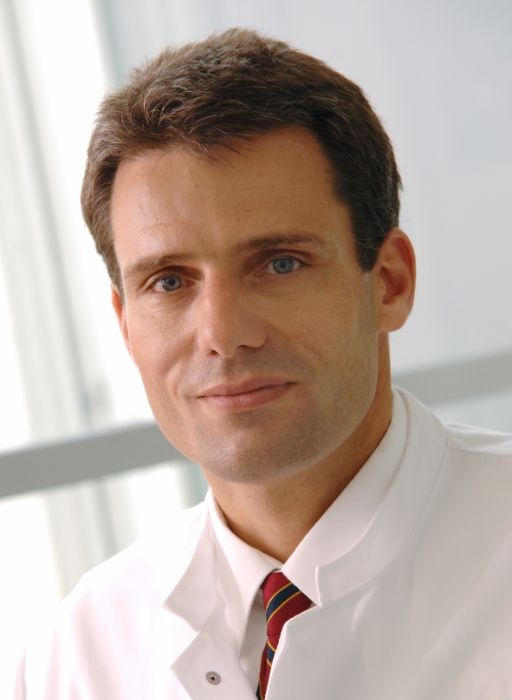
Prof. Dr. med. Jürgen Weitz, MSc.
INFORM - INdividualized Therapy FOr Relapsed Malignancies in Childhood and Adolescence (now an established international registry study *)
Cancer in children can now be cured in around 75 percent of cases. This is due in large part to the systematic development of combination chemotherapy. If the cancer returns, however, cure rates are, with a few exceptions, very low: the children’s cancer cells have become resistant to the chemotherapy. In recent years, scientists have increasingly been able to identify molecular changes in cases of childhood cancer using cancer genome sequencing. They have discovered numerous new cancer-specific molecules that are suitable targets for targeted cancer drugs. Some of these drugs are already licensed for treating other types of cancer, while some are still at the development stage and are not yet used to treat relapsed tumors in children. For this, physicians would first have to identify characteristic molecular changes in the cancer cells of each young patient.
The aim of INFORM (INdividualized Therapy FOr Relapsed Malignancies in Childhood and Adolescence) is to establish an innovative clinical process to analyze the tumor cells of children with cancer recurrence so that they can be offered an individualized treatment strategy if the relevant molecular changes are present. For this, the researchers need to take a tumor sample and a blood sample, prepare the samples and employ various sequencing methods, followed by a computer analysis of the complex data, to identify the individual molecular changes in the cancer cells and draw up a personalized treatment recommendation. Experts in 11 different types of children’s cancer, including brain tumors, leukemia and bone cancer, are involved in INFORM. In an initial phase, the register trial, the processes mentioned above will be established nationwide across Germany, involving all children’s cancer centers. Sequencing will take place at one location, so the processes will be standardized. The intention of the physicians and scientists is to establish the necessary standardized processes in a minimum timeframe. In the second phase, the clinical trial, the pediatric oncologists will use these molecular diagnostic processes to offer children throughout Germany with cancer recurrence personalized treatments wherever possible. These new treatment methods will be accompanied by scientists, who will study how well the patients’ cancer cells respond to the various drugs. This is a unique opportunity to further improve cancer treatment in children.
Coordinators
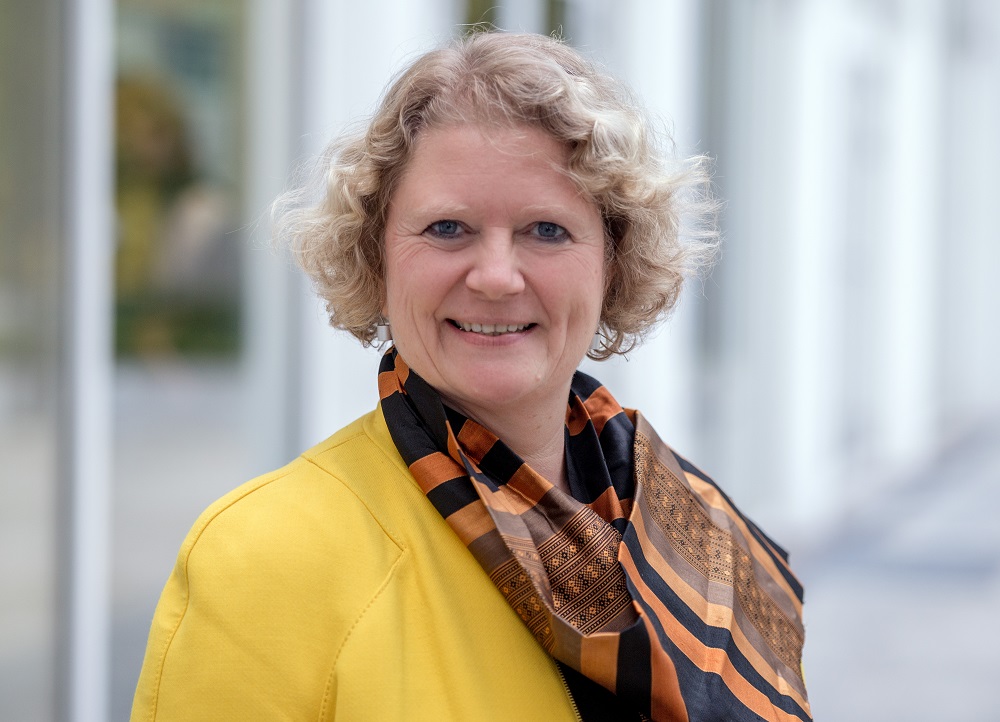
Prof. Dr. Angelika Eggert
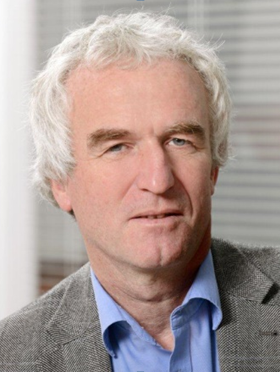
Prof. Dr. Peter Lichter

Prof. Dr. Stefan Pfister
DKTK-RadPlanBioPlatform: Focus on glioma and rectal carcinoma
With radiotherapy, patients are treated with different radiation strategies (different radiation doses, radiation techniques, combination treatments, etc.), depending on the characteristics of their tumor, and they respond differently to treatment. The tumor is analyzed carefully before and after treatment, e.g. using imaging processes and tumor biopsies. Documenting the treatment parameters and outcome, in compliance with current data protection legislation, is extremely valuable for improving radiation therapy. However, the necessary data are very complex and are usually recorded in different ways by the different clinics, yet in order to obtain valid results, the analyses have to include data from several clinics (multicenter studies).
The aim of this project is therefore to develop DKTK-wide research infrastructure (the RadPlanBio platform) and to start using it for scientific research. Firstly, the results of completed radiotherapy treatments for brain tumors and rectal cancer from all DKTK sites will be recorded in a standardized database covering all the centers. This will enable scientists to analyze the treatment methods and outcomes, as well as biological, technical and imaging parameters, to identify patient groups that might respond particularly well or particularly poorly to certain treatments. In addition, the scientists are formulating specific questions to be answered in multicenter, randomized clinical trials. One of the aims is to identify molecules and tumor changes – through tumor biopsies and imaging methods respectively – which could be used to predict a successful treatment outcome. This will form the basis of subsequent trials to personalize cancer treatment.
Coordinators
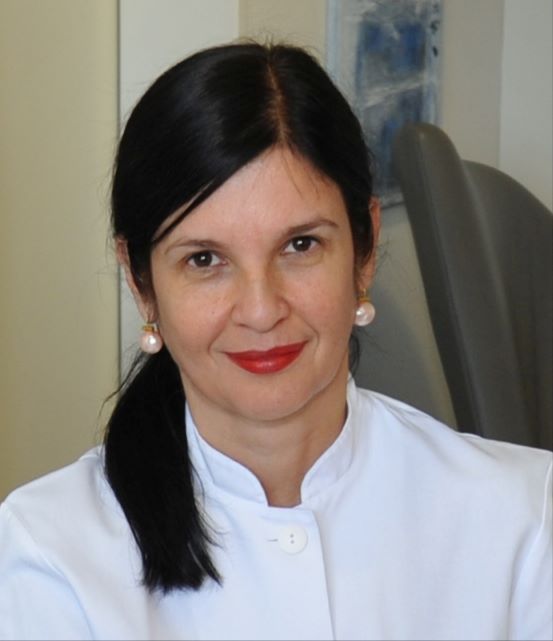
Prof. Dr. Anca L. Grosu

Prof. Dr. Claus Rödel
Universitätsklinikum Frankfurt Klinik für Strahlentherapie und Onkologie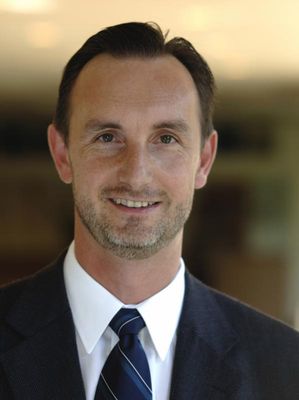
Prof. Dr. Jürgen Debus
